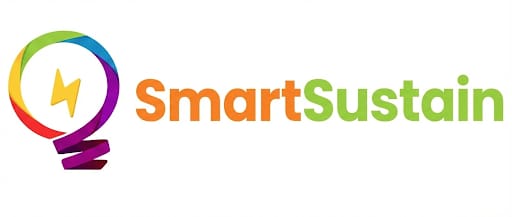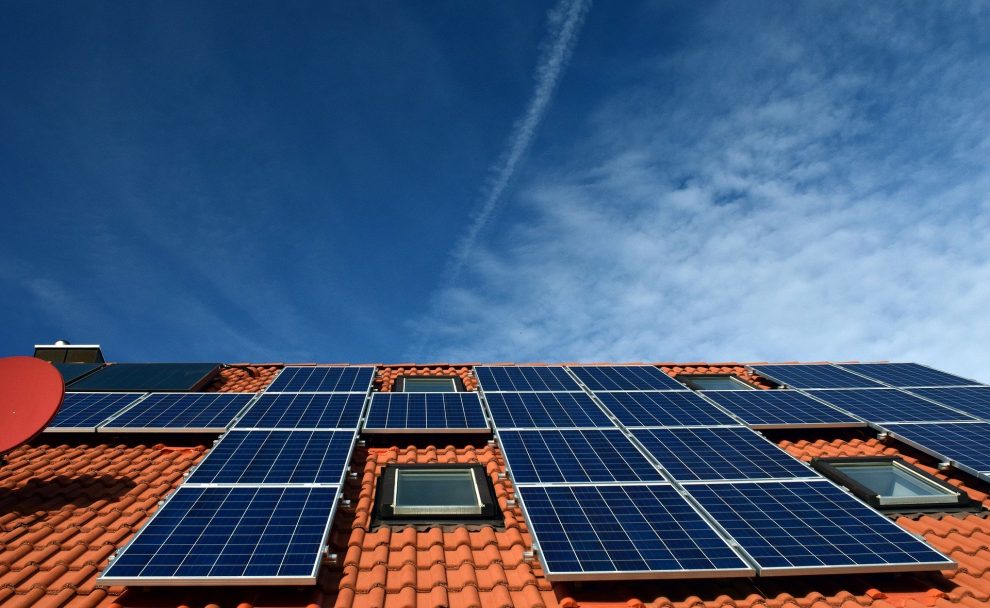Experts predict that the demand for rooftop solar projects may not accelerate for a long period of time
The solar energy industry in India heavily relies on China for its raw materials such as solar cells and modules
The COVID-19 pandemic that has taken the world by storm in the recent months is likely to do more damage than affecting health of its victims. The United Nations (UN) has forecasted that the world might plunge into an economic recession that might take at least a couple of years to turn around. This will make entities rethink discretionary spending especially on non-essential commodities and services.
The solar energy industry in India heavily relies on China for its raw materials such as solar cells and modules. Almost 80% of solar cells and modules used in Indian solar power projects are sourced from China. Although, last year, the Government of India (GoI) imposed a safeguard duty on imported solar cells and modules to encourage make in India, the momentum for indigenous manufacturing of these products has not gathered steam as yet, making India still very reliant on China in this regard. This has affected utility scale solar projects for sure, but the rooftop solar (RTS) industry is the hardest hit by this sudden turn of events.
Approximately 25% of the RTS installations in the country have been set up by the top ten players in the market. The remaining fraction of rooftop solar projects is under the jurisdiction of smaller RTS players, and the present scenario has jeopardized the potential survival of these SMEs (small and medium sized enterprises). It has been predicted that these small RTS players might even go bankrupt and shut shop if things don’t take a turn for the better soon.
A majority of Indians procure power from the grid. This puts rooftop solar as a distant priority for most residential consumers, and RTS may not make it to their list of budgetary spends this fiscal year, owing to it not being an essential commodity at the moment. Jobs and financial security will become the primary concern for citizens and this will put the procurement of a rooftop solar plant on the backburner.
Experts predict that the demand for rooftop solar projects may not accelerate for a long period of time, putting the RTS industry under serious threat at the moment. The total rooftop solar installations in India as on 30 September, 2019 stood at 5.25 GW, out of which 710 MW was from the residential sector. The C&I (commercial and industrial) sector accounted for 3.88 GW which is a major share of the RTS capacity. OPEX (operational expenses) stood at 1.55 GW and CAPEX (capital expenses) projects stood at 3.69 GW. With 799 MW of installed capacity, Maharashtra was the leading in terms of capacity in the RTS market in the country.
However, few analysts predict that a recession could actually increase the prospects of RTS projects in lieu of cost cutting measures, as power tariffs offered by state owned DISCOMS are much higher in comparison especially for C&I players.
Meanwhile, in a more distressed part of the world, the United States is witnessing a heavy downturn in the RTS market. While the entire renewable energy industry is constantly assessing the impact of COVID-19, the residential solar is taking the major hit. It remains to be seen what the real-time impact of COVID-19 will be on the global economy and on the RTS industry in particular.














Add Comment